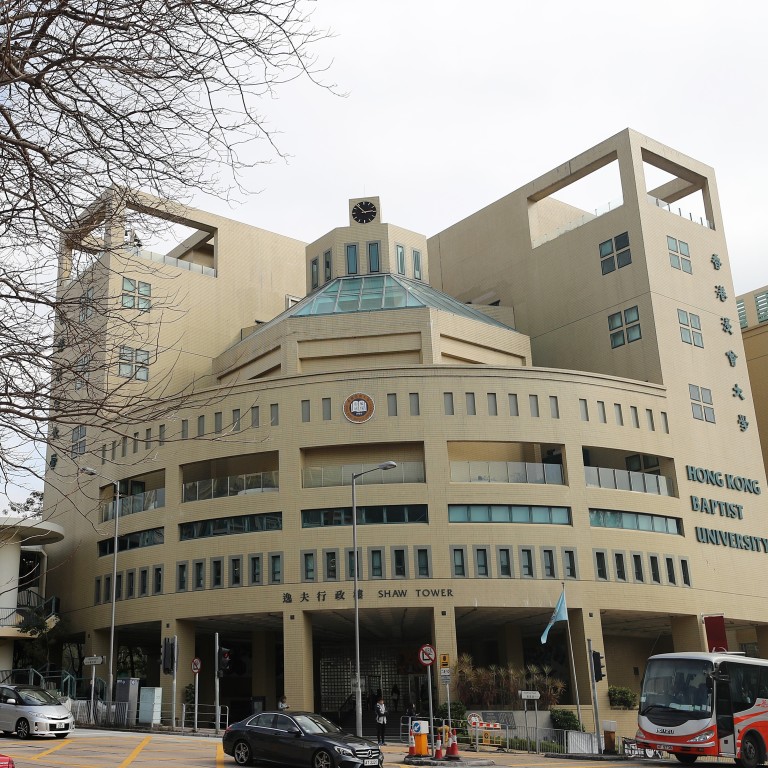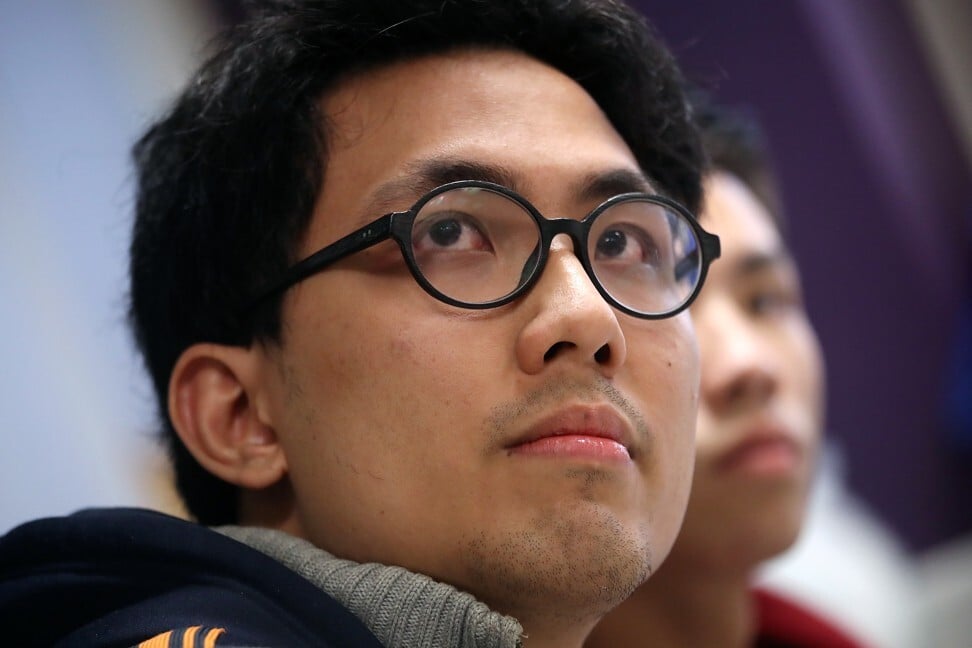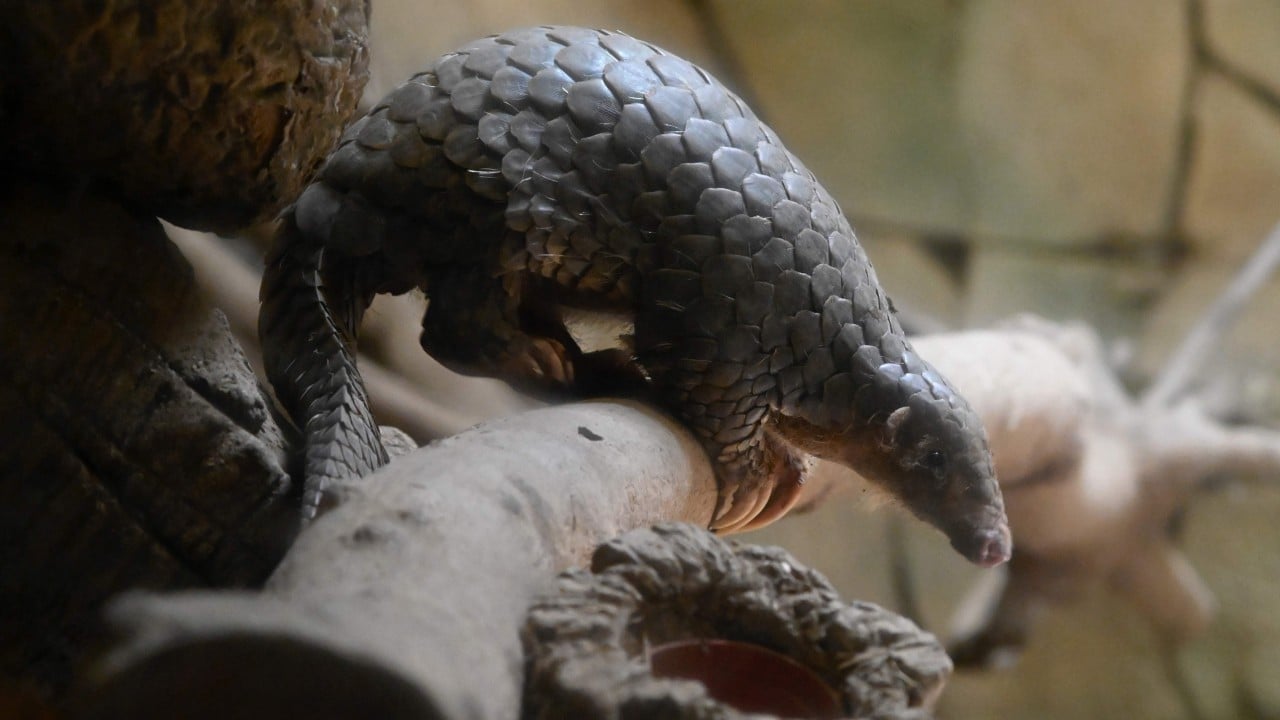
National security law and coronavirus put Hong Kong students of Chinese medicine ‘in fear of mainland China internships’
- Some final-year students said to be planning to defer their studies to avoid having to take part in this year’s mandatory placements over the border
- At least two city universities told students of the returning internships, which are required under medical regulations
Students from Chinese University (CUHK) and Baptist University told the Post dozens of their final-year peers, who under medical regulations must undergo no less than 30 weeks of clinical training, were expected to head over the border later this month for quarantine.
Both of the Hong Kong institutions told students last week the mandatory placements, which were interrupted by the Covid-19 crisis, would be resuming.
The Post has been told the Chinese Medicine Council of Hong Kong, the statutory body responsible for implementing regulatory measures, would not accept internships completed in Hong Kong. Students must complete the training before sitting their licensing exams next year.

About 25 students studying the bachelor’s programme at CUHK were expected to take their clinical internships in Shenzhen or Guangzhou. They would have to be tested for the coronavirus and undergo two weeks of quarantine from late September before the start of their 30-week internship from October 9, according to an itinerary issued to students.
A Chinese medicine student concern group at CUHK was among those challenging the university’s plans, telling the Post it knew of at least four who were considering deferring their studies, so they did not have to do the clinical training this year.
Chinese medicine degree course admits first non-Chinese student
“We are worried about whether the number of Covid-19 cases in mainland China is really the same as the official figures announced,” said a sixth-year student from the group, who asked to remain anonymous.
“Plus, some of our peers took part in social movements, and there is a chance that they would be detained by security authorities in the mainland, or even face more serious consequences now that [the city’s] national security law has come into effect.”
“[Students] are mainly concerned about their personal safety … some have supported the [anti-government protests] or posted supporting remarks on Facebook
The student added that while the university planned to provide a HK$4,000 subsidy for each student to cover their costs for taking the coronavirus test and being quarantined, it was unlikely to cover all the extra costs.
At Baptist University, about 30 Chinese medicine students were expected to join their training programmes in mainland China from late September. A few of them were also deciding whether to postpone their studies, according to sixth-year student Andrew Chan Lok-hang.
Beijing pushes traditional Chinese medicine as coronavirus treatment
“[Students] are mainly concerned about their personal safety … some have supported the [anti-government protests] or posted supporting remarks on Facebook. They are afraid that these issues might possibly endanger them,” he said.
The requirements of the mainland’s health code system have also raised worries about privacy issues, students of both universities added, referring to a policy requiring people to provide personal data if they wanted to enter places such as metro stations on the mainland.
That information includes their phone number, identity documents, travel history and health status.

01:23
China removes pangolin from traditional Chinese medicine list
Baptist University, while not commenting on students’ concerns, said the school of Chinese medicine would make the arrangements, and bear all costs incurred, for students to take coronavirus tests in Hong Kong to obtain health certifications required for mainland entry. Accommodation costs for quarantine would also be covered in full.
The University of Hong Kong (HKU) also offers the Chinese medicine programme, with a 40-week compulsory clinical clerkship for sixth-year students on the mainland part of its curriculum.
The Post has approached CUHK and HKU for comment.
Baptist University student launches legal challenge over Mandarin row
A spokesman from the Chinese Medicine Council of Hong Kong said it had held talks with the universities over the clinical internship arrangements, adding applications must be made to the council for placements, including changes of location.
He said there would be further discussions between the council and universities based on their plans for student internship programmes.

